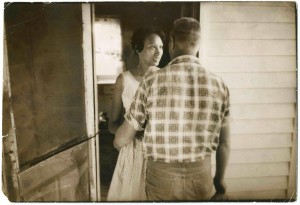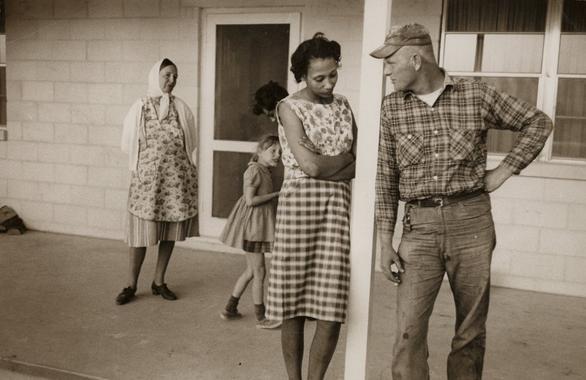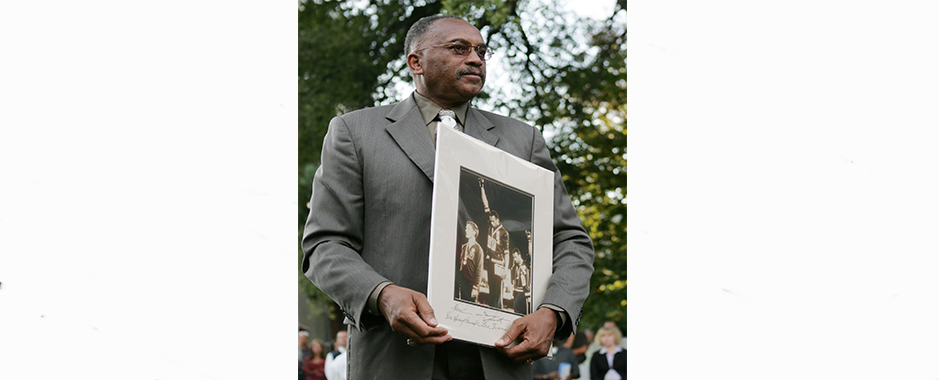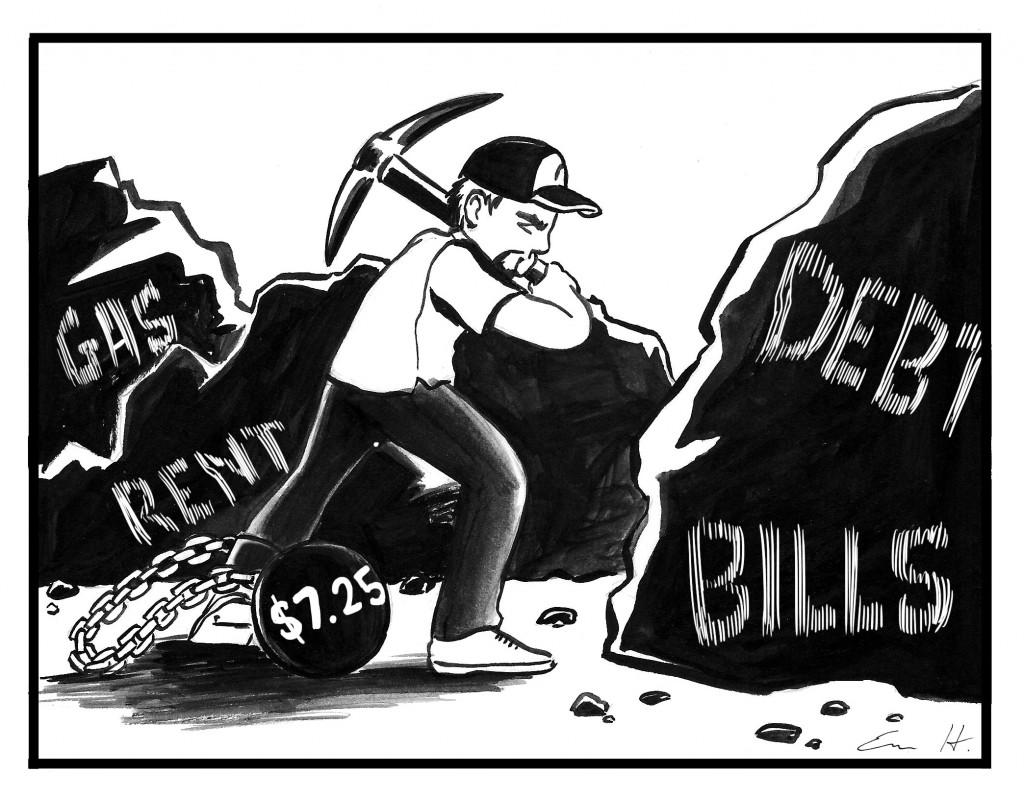By Jamil Oakford/reporter
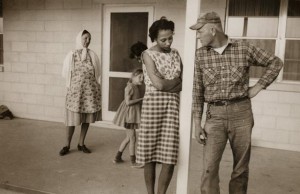
Richard Loving married the woman he loved and wanted them to live in their hometown. Instead, he was faced with the ultimatum to divorce the woman he loved or be exiled from their home state — all because he’d married a woman of a different color.
John Lundberg, South history professor, discussed the documentary The Loving Story, a film about a couple who broke the law simply by being married to one another.
“This is still one of the most relevant cases of the civil rights era,” he said.
In fact, on the same day as the film discussion took place on SE Campus, a federal judge struck down Virginia’s gay marriage ban. The judge cited the Loving case in his ruling.
The Feb. 13 session on SE was primarily a film presentation, shown in clips that were then discussed in detail by Lundberg.
“It was love at first sight,” one of the family friends said in the film.
Set on getting married, Richard and Mildred left their hometown in Virginia and got married in Washington D.C. When they returned to Virginia, things became difficult for the couple.
“They were arrested at 4 a.m. in the morning, not just in hopes that law enforcement would find them, but that they would also find them in the act of sexual intercourse, which was also illegal at the time,” Lundberg said.
Mildred married Richard, not knowing it was against the law, but Richard might have known.
After being arrested, they were sentenced to a year in jail, but the punishment would be suspended if they left the state.
“… And I’d leave and take her with me again … I’m not divorcing her,” Richard said to reporters.
The amount of media attention that focused on the Lovings and the letters Mildred sent, first to Robert Kennedy, and then to the American Civil Liberties Union, sparked a Supreme Court case, taken on by two fresh-out-of-law-school lawyers Bernard Cohen and Philip Hirschkop.
“Unlike many civil rights cases of its time, it wasn’t a test case,” Lundberg said. “These were two people who just wanted to live their lives together in peace, and that’s what makes this story so organic.”
The clips jump-started a conversation between the audience and Lundberg that wasn’t necessarily exclusive to interracial marriage. But it all came back to its relevancy to the present-day.
“It’s easily one of the most relevant cases of the civil rights era because it’s now being cited for other court cases that are dealing with legalizing gay marriage,” Lundberg said. “And it, of course, relates to the uproar of the Cheerios Super Bowl commercial featuring the interracial couple and the mixed daughter.”
All in all, the conversation and the overall presentation had informed them of a case that is still important and relevant.
“I had never heard of the case before this,” SE student Dennis Martin said. “I found it interesting it was a day before Valentine’s Day, and it was titled The Loving Story.”
Others were shocked about the information they’d just learned.
“I’d always heard about Alabama,” student Patrick Milligan said. “But to see that they didn’t lift the law against interracial marriage until 2000, it was just really shocking.”
